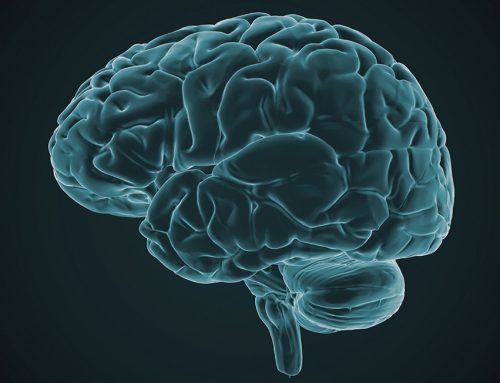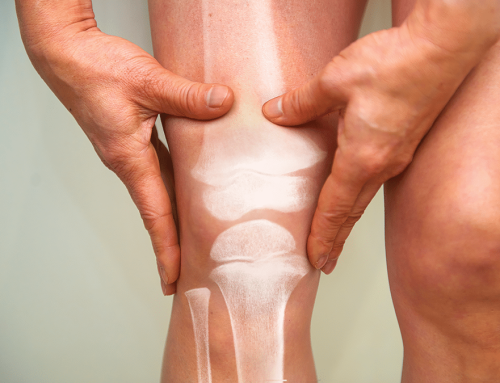By Dr. Jenna Dye,
Naturopathic Physician
Autoimmune disease is an illness in which the immune system mistakenly attacks the body. The immune system is programmed to protect itself from viruses, bacteria, and other foreign invaders by sending out immune cells to fight. Normally, the immune system can tell the difference between foreign cells and its own cells. In an autoimmune disease, however, the immune system is overreacting and mistakes its own cells as foreign. This process releases autoantibodies which causes an attack. Some common conditions include Hashimoto’s thyroiditis and Grave’s disease, which attack the thyroid gland; Crohn’s disease and ulcerative colitis that attack the gastrointestinal system; rheumatoid arthritis, which attacks the bones and joints; and psoriasis which attacks the skin and joints.
Inflammation is one of the main underlying factors in autoimmune disease. If we work on decreasing the inflammation, we can support the body and decrease the attack on our own cells.
Stress
Stress causes inflammation and negatively affects the immune system. This inflammation can stimulate an autoimmune flare up, so it is very important to work on stress management if you have an autoimmune condition. Start with adequate, restful sleep to support the immune system. This is the first thing we often sacrifice under periods of high stress. Although it can be difficult at times to eliminate all stressful events in your life, it is important to minimize that stress to the best of your ability by cultivating healthy relationships and developing healthy boundaries.
Food
This is a very simple yet very effective way to manage autoimmune disease. Food is a major source of inflammation, so choosing foods that are anti-inflammatory will help support autoimmune conditions. Increase your fruits and vegetables, which are packed with nutrients and antioxidants. Decrease inflammatory foods such as dairy, sugar, processed foods, and food additives. If you have food allergies or sensitivities, it is important to avoid these as they will cause more inflammation and lead to more aggravation in the body.
Exercise
Exercise can have a positive effect on your immune system. It increases circulation, helps you manage stress, decreases inflammation and releases endorphins that help you feel good. Always check with your doctor to see which exercises will be best for your particular health condition.
Nutrient Deficiencies
Nutrient deficiencies can play a role in how your body responds to an autoimmune condition. Common deficiencies I often see in my practice are vitamin D, vitamin B12, zinc, magnesium, and vitamin C. It is important to discuss this with your physician and have certain nutrient levels checked to ensure proper supplementation.
Naturopathic Support
Naturopathic physicians can offer individualized support for autoimmune conditions. A whole-body approach to health is a great place to start. We focus on identifying the sources of inflammation and treat them appropriately. We discuss and remove obstacles that may be impacting foundational health so that you live and feel your best.
Dr. Jenna Dye is a licensed naturopathic physician. Her role is to support the body’s foundation to restore and maintain optimal health. Together with her patients, this is achieved by identifying and removing barriers that may be impacting health while creating a healing environment. For more information visit drjennadye.com.





